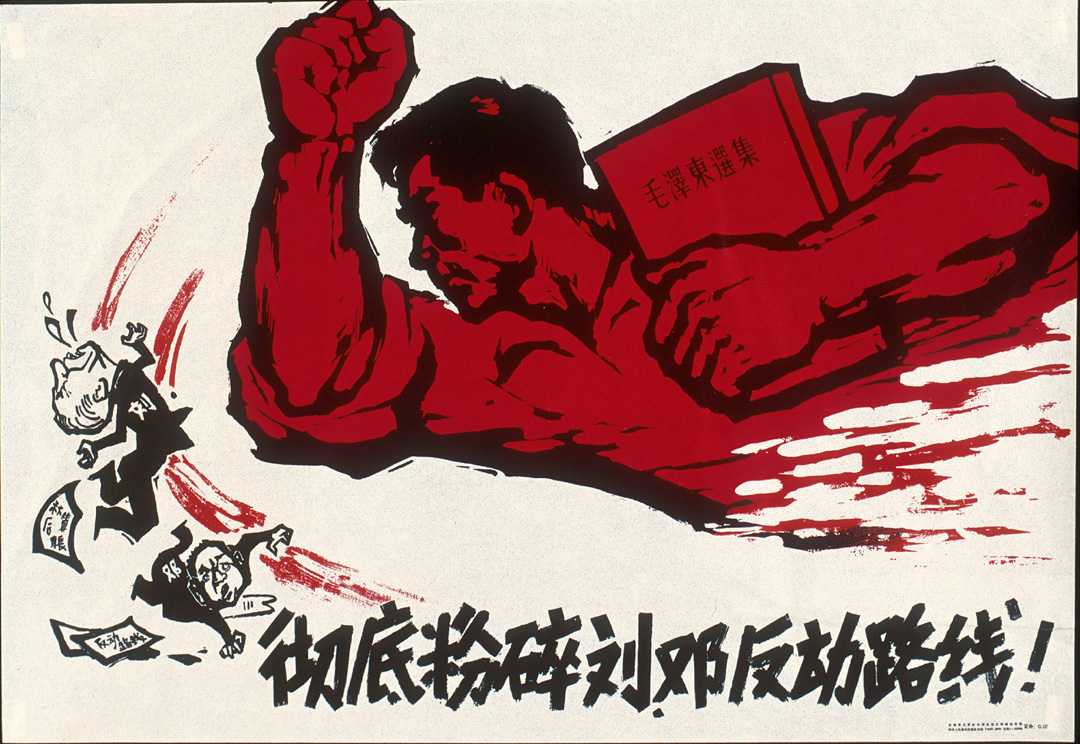This is a weekly thread in which we read through books on and related to imperialism and geopolitics. Last week’s thread is here.
Welcome to the fifth week of Michael Hudson’s Super Imperialism: The Origin and Fundamentals of US World Dominance! I’m reading the Third Edition.
We are reading one chapter per week, meaning we will finish in June. Obviously, you are totally free to read faster than this pace and look at my/our commentary once we’ve caught up to you.
Every week, I will write a summary of the chapter(s) read, for those who have already read the book and don’t wish to reread, can’t follow along for various reasons, or for those joining later who want to dive right in to the next book without needing to pick this one up too. I will post all my chapter summaries in this final thread, for access in one convenient location. Please comment or message me directly if you wish to be pinged for this group.
This week, we will be reading Chapter 4: America’s New Deal Puts Its Own Economy First, 1933-1940, which is approximately 22 pages.
I was disappointed to finally read the claim that the US debt regime and the impossibility of Germany to pay debts was the main cause of WW2. I think it’s a perfect example where the abstraction away from commodities into monetary policy results in a mistake. WW2, as an extension of the imperialist wars of the period before, was a fight over control of the world resources and labor brought directly to the method of war to capture them. This book is amazingly in depth to describe one mechanism of imperialism, but I think it mistakes its own analysis of a tactic as the strategy or goal itself. It’s a sort of category error, I think.
For the rest it was a good chapter. Felt like a lot of the same mechanism continuously occurring with differences in exactly how to best leverage a debt regime having different results. It’s a good analysis that can be used for a lot.
It’s the problem that almost every academic has, no matter how well researched. A historian of war is going to boil every answer down to war. A historian of race is going to boil every problem down to race. Hudson is a scholar on finance and so he’s gonna find finance as the answer to all his questions.
In addition to your complaint, I found the lack of discussion on the USSR during the inter-war period was a major gap. Of course it makes sense, the USSR was not part of the financial apparatus that Western Europe and the US were fumbling so it didn’t focus. However, Hudson mentions that Europe provided no alternatives to US creditor power which is where he could have fit in a small section discussing the WW1 nation that was exercising an alternative. Additionally, the USSR being the boogieman to Western Europe as a cause of WW2 can’t be understated.
Overall this does not diminish the value of the book or Hudson as a scholar, but instead emphasizes the need to be a critical reader at all times.
Finally caught up! As other comrades have noted, I am unconvinced by Hudson’s claims of financial relations being the primary cause of World War II. I certainly believe it played a role, but not nearly as important a role as Hudson claims it to have played.
That being said, the sheer depth of understanding of this lever of Imperialism makes this book incredibly valuable for my understanding of US foreign policy, and how the Empire functions today. It’s great that we read/reread Lenin first though, as this is a very critical read that can be easy to overblow without firm grounding in Marxist theory, in my opinion.




